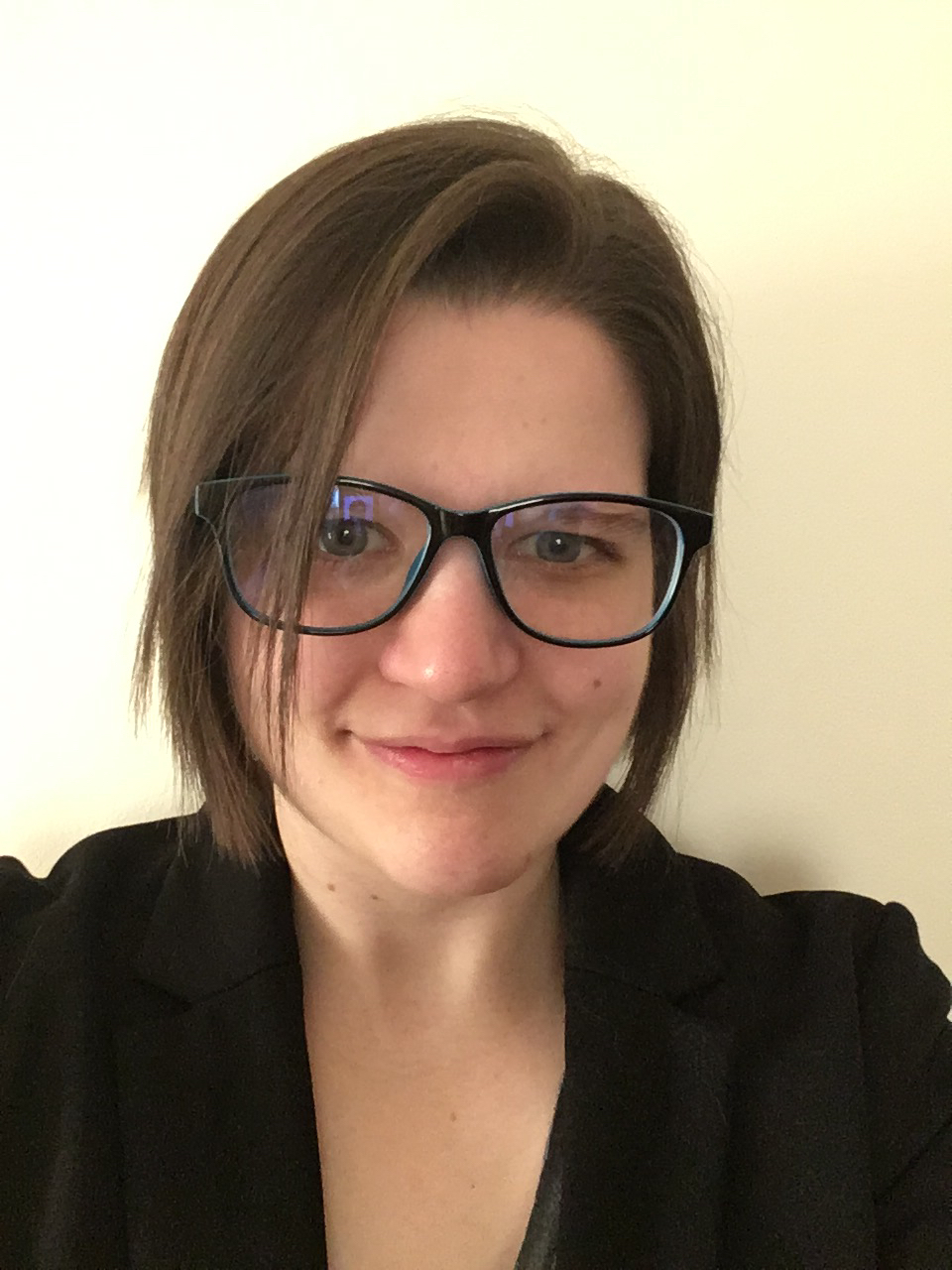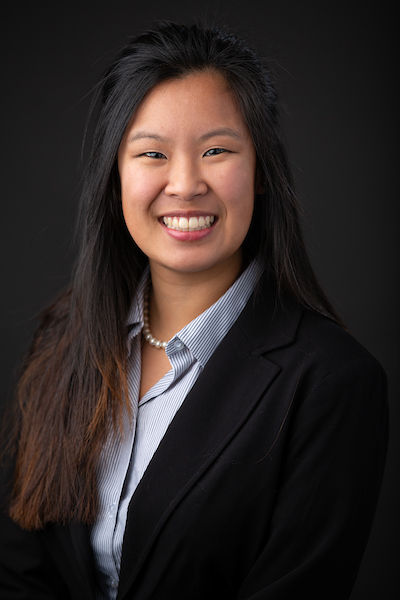Celebrating the Human Rights Essay Contest Winners
- published: 2021/06/03

Eight students ranging from the high school to graduate school level were awarded prizes in the 2021 Human Rights Essay Contest, organized by the Goldstein Family Community Chair in Human Rights.
The winners include:
UNO GRADUATE
- Mia Bourek
- Sarah Brumfield
- Laura Betz Burch
UNO UNDERGRADUATE
- LeeAnna Lui
- Travis Justin Munyer
- Nyamar Odol
HIGH SCHOOL
- Manali Mukherjee
- Ben Schott
Mia Bourek, a UNO graduate student in sociology with a minor in history, took first place in the graduate category and wrote about perpetrators of genocide, their actions and motivations, through a sociological lens. LeeAnna Lui, while a UNO senior majoring in molecular and biomedical biology with a minor in bioinformatics, took first place in the undergraduate category and wrote about issues in healthcare and treating health as a human right.
Learn more about the two UNO students who took first-place in their respective category below.
Mia Bourek
Mia Bourek used her experience as a graduate student in the UNO sociology program to write an essay about perpetrators of genocide, particularly the mobile killing units used during the Holocaust in Eastern Europe, from a sociological point of view, essentially asking: what motivates a person or a group of people to willingly participate in mass acts of violence?
 She wrote her essay, in part, as a response to a historical debate going on referred to as the Goldhagen debate. An American writer, Daniel Goldhagen, published a controversial book in 1996 that argued rampant anti-Semitism was the sole reason that perpetrators participated in the Holocaust. He argued that eliminationist anti-Semitism was a core part of the personalities of all Germans at this time—that all Germans wanted every Jewish person to die.
She wrote her essay, in part, as a response to a historical debate going on referred to as the Goldhagen debate. An American writer, Daniel Goldhagen, published a controversial book in 1996 that argued rampant anti-Semitism was the sole reason that perpetrators participated in the Holocaust. He argued that eliminationist anti-Semitism was a core part of the personalities of all Germans at this time—that all Germans wanted every Jewish person to die.
Bourek says that his attempts at an anthropological perspective, a field similar to sociology in ways, were poorly done; while this discussion has a place in the Holocaust debate, Goldhagen seemed to go more for shock value than accuracy in his assessment.
“I do think we need to talk about the anti-Semitism there, but the better approach would be kind of how we are talking about racism today where it's built into the structures,” Bourek says. “We can be participants in it, and our participation can lend to ongoing racism, whether or not the racism is our intent.”
Oppression that leads to genocide is not an evil distanced from the average person; anyone could be a perpetrator in the right circumstances and acknowledging that is needed for societies to move forward and do better. Bourek set out to not only provide perspective on this topic, but also ask, why don’t more sociological perspectives of genocide exist?
“Genocide is not just historical, it is modern. You can look at past genocides from a historical perspective, but the fact is that there is genocide going on today, and people who study modern societies (sociologists) need to be involved,” Bourek says.
Drawing from work that is being done on structural oppression and structural racism could help provide a modern sociological lens to genocide studies. Bourek says she will continue this work and would like to further explore the sociology of genocide in doctoral studies.
LeeAnna Lui
LeeAnna Lui received her undergraduate degree in May 2021 and is now a master’s student in biology who hopes to eventually become a physician. She’s been conducting research in Dr. Paul Davis’s lab for three years and also spent a summer doing research at UNMC as an INBRE scholar.
 In her essay, Lui explored why health should be considered a human right and the limitations that exist in society currently. The world may not be in a place to meet that human right yet, but what factors would need to be involved for health to be treated as a human right?
In her essay, Lui explored why health should be considered a human right and the limitations that exist in society currently. The world may not be in a place to meet that human right yet, but what factors would need to be involved for health to be treated as a human right?
She explored accessibility to health, social determinants of health, and medical ethics issues.
Lui says she had taken a medical ethics course that sparked a lot of these ideas, as well as public health courses that helped expand her understanding of these issues beyond the hard sciences. In chemistry and biology, for example, you often don’t get to see the bigger picture regarding how healthcare is provided and accessed.
“When you explore the humanities a little more, and you’re open to hearing others’ perspectives, you learn more about these issues that everyone is seeing,” Lui says. “The pandemic, COVID, was huge in that we’re seeing all the existing disparities amplified in this situation.”
While disparities in healthcare have been a longstanding issue, the pandemic has shed greater light on inequities in the U.S. and across the world. Lui researched the literature in areas where disparities are commonly seen, how the concept of human rights is defined, and how it relates to these topics.
“I want people to see that the access to health is a human right and that healthcare should be more accessible. I think that my essay hopefully shows that while we have this concept and the world has recognized that health is a human right, we are far from getting there in any country. How can we address these shortcomings that we see and that I paint a picture of?”
For more information about the Goldstein Family Community Chair in Human Rights, visit this website: https://www.unomaha.edu/college-of-arts-and-sciences/goldstein-center-for-human-rights/about-us/community-chair.php